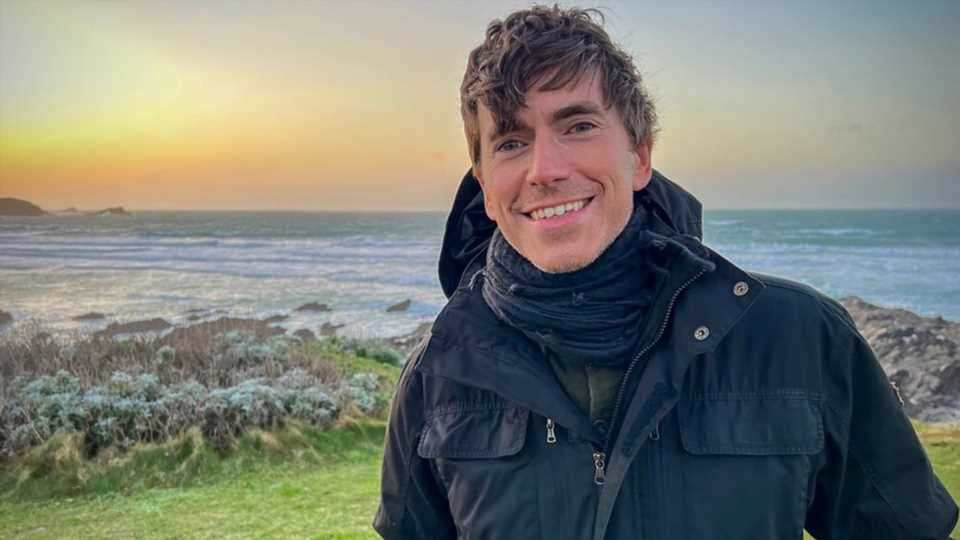OVER the years, filmmaker Simon Reeve has helped viewers to discover the world in a host of documentaries.
But it isn't only his insight into the wonders of the globe that have got viewers talking – as fans are curious to know why he always wears a scarf.

Who is Simon Reeve?
Simon Reeve was born July 21, 1972, and is a British author, journalist, adventurer, documentary filmmaker and television presenter.
He divides his home time between London and Devon.
Simon is the older brother of photographer James Reeve and grew up in West London.
The filmmaker began making travel documentaries for BBC after the September 11 attacks in 2001.
He has since received a One World Broadcasting Trust Award and was given the Ness Award from the Royal Geographical Society in 2012.
Amongst his many television programmes and series for the BBC, he has presented Holidays in the Danger Zone: Places That Don't Exist, Tropic of Cancer with Simon Reeve, Equator and Tropic of Capricorn.
Simon is married to camerawoman and campaigner Anya and they have a son together.
Why does Simon Reeve wear a scarf?
Simon is well known amongst fans for wearing his trademark Shemagh scarf.
Most read in News TV

Strictly sign up BBC radio star as ninth celeb in line-up

Gavin and Stacey stars risk fakery row as they reveal HUGE show secret

Lizzo and Amanda Abbington are victims of toxic lefty 'groupthink'

I was on Nick Knowles' DIY SOS & BBC did a 'bodge job'- someone could've died
He has revealed he wears them as they are a "comfort blanket" for him.
Speaking to Northern Life Magazine in 2019, he said: “But if it’s a requirement for the show I’ll put it on.
"On my last theatre tour people turned up wearing them. It’s quite weird!
“I’ve got about nine. I haven’t named them, but they’re rapidly becoming my comfort blankets."
What is a Shemagh scarf?
The Shemagh scarf is a lightweight and breathable cotton garment.
They are multifunctional desert scarfs that are popular among civilians, military and police forces.
The Shemagh scarf can be worn on the head or around the neck to protect from direct sun exposure.
It can be used to protect the mouth and eyes from blown dust and sand.
They are also used for outdoor activities such as hiking, fishing, or travelling.
Source: Read Full Article
